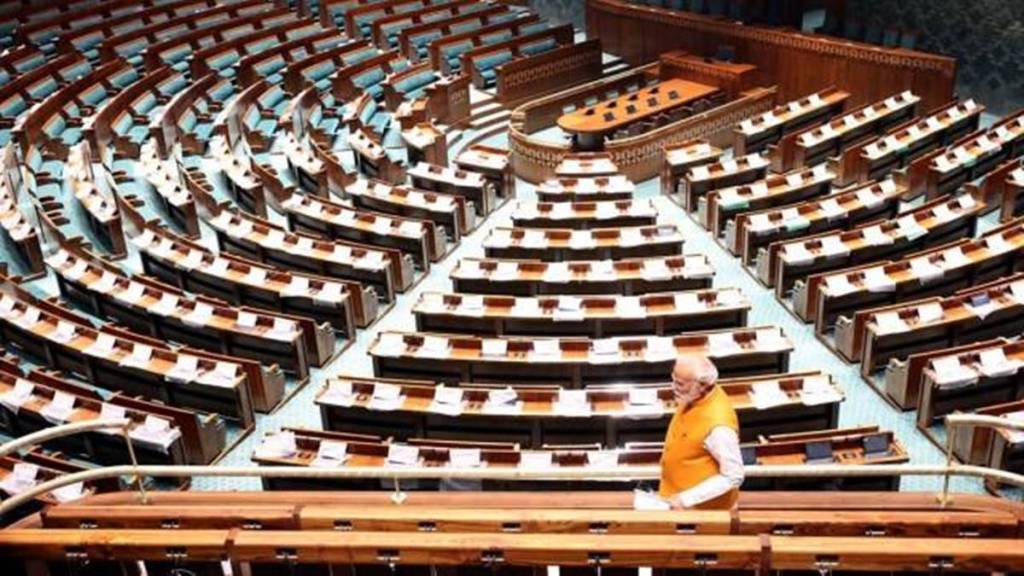Parliament will take up 31 Bills, including those on data protection and decriminalisation of minor economic offences during the Monsoon session commencing today. However, two key economic bills that were expected to be tabled for consideration and passing – one seeking a clutch of amendments to the Insolvency and Bankruptcy Code (IBC) and the National Financial Information Registry (NFIR) Bill – were conspicuously absent in the communique issued by the ministry of parliamentary affairs on Wednesday. The session will have 17 sittings and conclude on August 11.Given the frosty relations between the ruling Bharatiya Janata Party and opposition parties, the session could be stormy on many issues, including violence in Manipur and an Ordinance on the powers of the Delhi government over ‘Services’.
The Digital Personal Data Protection Bill, 2022 aims for the processing of digital personal data in a manner that recognises both the right of individuals to protect their personal data and the need to process personal data for lawful purposes.The government released the revised draft of the new data protection Bill in November last year, after withdrawing the draft in August. The revamped version details the rights and duties of the citizen for personal data protection and the provisions to use collected data lawfully by the data fiduciary i.e. a company dealing with the individual data. For data breaches, the quantum of maximum penalty is now proposed at Rs 500 crore, compared to the older version of the Bill which proposed to levy penalties of 2-4% of the total worldwide turnover of the firms concerned.
The Jan Vishwas (Amendment of Provisions) Bill seeks to amend 183 provisions across 42 Acts administered by 19 ministries to reduce the compliance burden on individuals and businesses and promote ease of doing business and living. The Bill also seeks to decriminalise some provisions of the Acts and revise various fines and penalties for violations.The Bill has been piloted by the department for the promotion of industry and internal trade envisages a thrust to businesses by eradicating the fear of criminal provisions for minor, technical and procedural defaults.The Mediation Bill is aimed at institutionalising mediation to settle civil and commercial disputes for speedy justice in such matters. It will ease the burden on the judiciary by developing smooth systems that facilitate the resolution of disputes outside the court.The Bill to undertake a host of amendments to the Insolvency and Bankruptcy Code (IBC) did not find a place in the Bills proposed.
The corporate affairs ministry had planned to propose the changes to expedite the resolution process and prevent erosion of stressed asset value, as recovery for creditors has taken a knock in recent years.Among the Bills that are dropped from the initial agenda list, the NFIR Bill sought to provide a 360-degree information system that will be readily available to lending institutions to ensure that it quickens the process of credit and brings down the cost of credit.
The IBC Bill, also absent in the list, was prepared by the corporate affairs ministry. It proposed changes in the code to expedite the resolution process and prevent erosion of stressed asset value, as recovery for creditors has taken a knock in recent years. The Bill was aimed at extending the so-called pre-packaged insolvency scheme — currently meant to resolve stress in only micro, small and medium enterprises (MSMEs) — to a certain category of larger firms as well and simplify the extant framework that has failed to gather traction so far.The Budget session of Parliament, which concluded on April 6, could approve just one Bill other than the Budget related ones amid the ruckus by both the ruling alliance and the opposition parties in both Houses.

